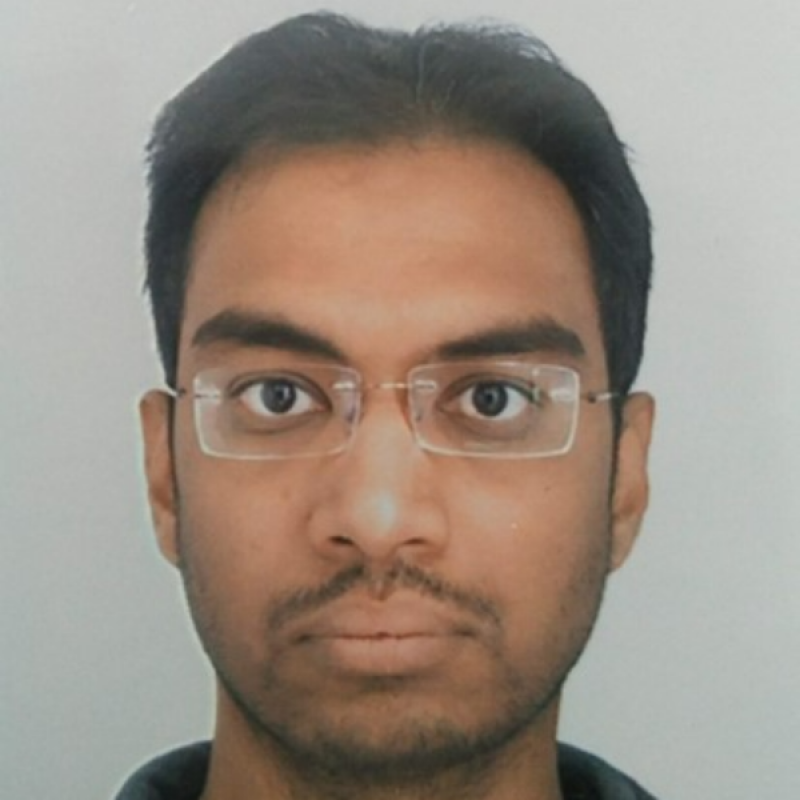Supervisors

- Position
- Lecturer
- Division / Faculty
- Faculty of Engineering
Overview
The geriatric population in Australia (4.2 million 2020, ABS), is growing steadily with numbers expected to double in the coming years. Incidences of spinal disorders requiring surgical treatment are therefore predicted to increase, incurring an estimated lifetime cost of AUD 3.7 billion per case (The Treasury). Robotics, an increasingly important component of modern medicine, is well suited to address the minimally invasive surgical needs of treating the spine.
This project proposes the use of a soft-robotic manipulator to carry out spinal fusion, a surgical procedure in which the damaged disk between vertebrae is removed. Conventionally, the disk is approached along a linear path by cutting out soft tissue and bone in the way, risking damage to the spinal cord. This project aims to design a novel articulating device that navigates around critical organs and provide access to desired target locations.
Research activities
Your activities will include:
- understanding the requirements of medical practitioners and generating a list of specifications for the device
- exploring fabrication techniques for manufacture of bespoke manipulators
- rapid prototyping and testing
- setting up of experimental rigs to evaluate designs
- perform experiments in a medical phantom
- communicating results at scientific venues.
Outcomes
The expected outcomes of the project are:
- An end-to-end pipeline for fabricating patient specific continuum manipulators.
- A technique to semi-autonomously deploy the manipulator along a desired path.
- A prototype of the device demonstrating the above.
Skills and experience
- The applicant is expected to have a background in either engineering (mechanical, electrical, medical, design, control, mechatronics), robotics, physics, or bioengineering.
- A master’s degree or a bachelor’s degree with excellent academic record is desirable.
- The candidate must be familiar with computer aided design and fabrication.
- The student must be interested in developing hardware and setting up experimental platforms.
- Students who enjoy learning new fabrication techniques will find this project attractive.
- The project involves interacting with medical practitioners, engineers, and support personnel. Therefore, the ability to communicate with people of diverse backgrounds is desirable.
- Excellent oral and written communication skills in English are expected.
- Proficiency in a programming language such as C++ or Python with experience in embedded programming is a bonus.
Scholarships
You may be eligible to apply for a research scholarship.
Explore our research scholarships
Keywords
Contact
Contact the supervisor for more information.